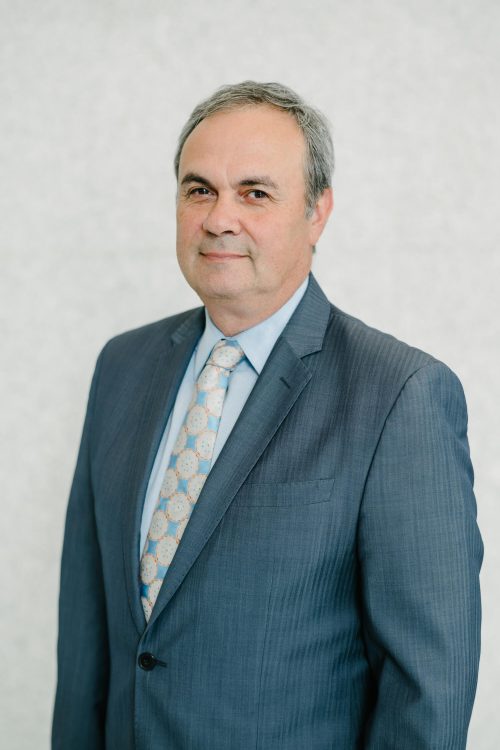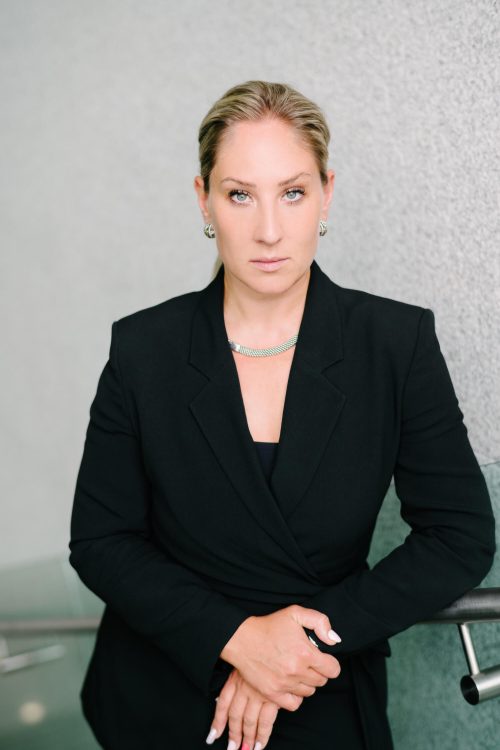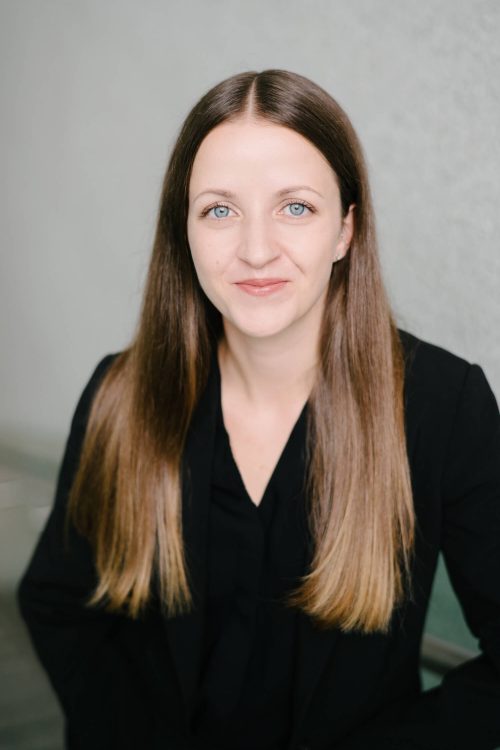Last week, the world was shocked by the terrorist attacks in Boston, the largest on American soil since 9/11, during the annual Boston Marathon run. When the FBI had released information and pictures of their suspects, a 22-hour manhunt ensued and lead to the death of Tamerlan Tsarnaev and capture of a bloodied Dzhokhar Tsarnaev. In the midst of what unfolded in Boston, officials had disclosed to the public that they would not be reading the surviving suspect, Dzhokhar Tsarnaev, his Miranda rights. The reasons and soundness of the decision by the FBI was widely discussed and the topic started gaining traction in the blogosphere and was trending on Twitter.
Mr. Prutschi joins John Moore of NewsTalk1010 to discuss this hot legal topic and offer legal perspective on why the suspect was not read his Miranda rights and why it may be problematic down the line. Mr. Prutschi discusses the decision from the vantage point of the federal officials who took this unusual step to uphold public safety. Federal officials are first and foremost concerned with foiling and thwarting the prospects of any imminent acts of terror. “The right to remain silent” and “right to counsel” were not explicitly read so as to pressure the terrorist suspect to divulge information that would help prevent another attack that would jeopardize public safety.
However, Mr. Prutschi also discusses the risk taken by investigative authorities that any information obtained by pre-Miranda questioning could end up being inadmissible in court during the suspect’s trial. Mr. Prutschi delves into an under -discussed point in that once the FBI and/ or local officials have extensively questioned the suspect, the balance of detecting ongoing threats to the public and what can be used against him in a court of law will be muddied and potentially offset. Normally, this has the potential to undermine and weaken the case for prosecution but Mr. Prutschi says that officials likely prioritized gaining intelligence at this stage worrying little about subsequent admissibility of evidence in light of other evidence external to the suspect that they feel is sufficient to garner a conviction.
Don't Let A Criminal Charge Destroy Your Life
Get 1 Hour Consultation!
Register with us to schedule a free consultation
Our Criminal Defence Lawyers

Boris Bytensky LL.B

Sonya Shikhman LL.B

Brittany Smith J.D.


